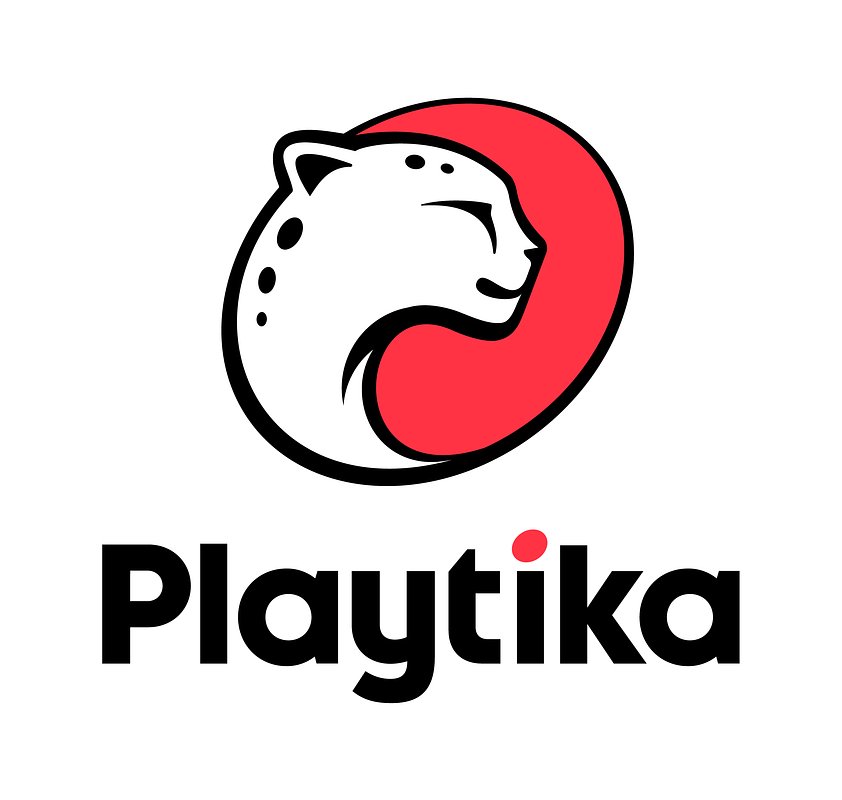
Playtika Navigates Mobile Gaming Shift: Profit Beats Revenue as Cost Cuts Take Hold
Mobile gaming giant Playtika posted a mixed Q3, with profits rising despite a revenue decline. A deep dive reveals how cost-cutting, strategic acquisitions, and a shifting market are shaping the company's future.
Playtika Navigates Mobile Gaming Shift: Profit Beats Revenue as Cost Cuts Take Hold
TEL AVIV, Israel – Mobile gaming powerhouse Playtika (PLTK) reported a complex Q3 2023, revealing a surprising disconnect between revenue and profitability. While revenue dipped 6.4% to $624.4 million, net income surged, driven primarily by aggressive cost-cutting measures and a strategic shift in operational focus. The results signal a challenging landscape for established mobile game developers as the market evolves and competition intensifies.
Playtika, known for its portfolio of casual, free-to-play games like Slotomania and Bingo Blitz, is adapting to a mobile gaming sector facing regulatory headwinds, increased competition from hyper-casual titles, and evolving player preferences. While the company managed to boost earnings, analysts are cautiously optimistic about the sustainability of these gains in the long term.
Cost Optimization Drives Profitability
The headline figure – a significant rise in net income – is largely attributed to Playtika’s stringent cost-cutting initiatives. Operating expenses were reduced by 18% year-over-year, primarily through streamlining marketing spend (down 22%), consolidating server infrastructure, and a workforce restructuring.
“They’ve clearly prioritized profitability over growth in the short term,” said one financial analyst, speaking on condition of anonymity. “This is a common tactic when facing market headwinds, but it’s crucial to see if they can reinvest those savings into future growth drivers.”
Beyond expense reduction, a shift in the revenue mix also contributed to improved margins. Games like Slotomania, with higher inherent margins, saw increased engagement, offsetting some of the revenue decline.
Navigating a Changing Mobile Landscape
The 6.4% revenue decline underscores the challenges facing the mobile gaming industry. Newzoo data shows the sector grew by 3.7% overall in Q3, indicating Playtika underperformed the broader market. The company faces increased competition from a surge in hyper-casual games and the growing complexity of user acquisition.
“The hyper-casual space has disrupted the market, forcing established players to innovate or risk losing market share,” said a gaming industry consultant. “Playtika is attempting to diversify its portfolio through acquisitions, but integrating these new properties is always a challenge.”
Strategic Acquisitions and Innovation Efforts
Playtika has been actively pursuing acquisitions to bolster its game portfolio and expand into new genres. Recent acquisitions include Gameguru, specializing in slot game development, and Pocket Play Lab, a hyper-casual game developer.
However, integrating these acquisitions effectively is crucial. Analysts warn that overlapping portfolios could lead to cannibalization, while a lack of synergy could hinder growth.
To address this, Playtika is investing in innovation, with a focus on AI-driven personalization and live operations. The company is implementing machine learning algorithms to tailor in-game offers to individual players and has increased the frequency of in-game events by 37% year-over-year.
DAU and ARPDAU Trends: A Mixed Picture
While Playtika managed to maintain stable average revenue per daily active user (ARPDAU) at $0.49, daily active users (DAU) decreased slightly to 12.8 million. This contrasts with competitors like SciPlay, which saw growth in both metrics.
“Playtika’s DAU retention rate is lagging behind competitors,” noted one analyst. “They need to focus on increasing player engagement and retention to drive long-term growth.”
Regulatory Headwinds and Future Outlook
Playtika also faces potential regulatory scrutiny in Europe regarding loot box mechanics and the implementation of new privacy regulations in California, which could impact data-driven monetization strategies.
The company’s recent financial results highlight a strategic shift toward prioritizing profitability over aggressive growth. While cost-cutting measures have yielded positive results in the short term, analysts are cautiously optimistic about the long-term sustainability of this approach.
A key question is whether Playtika can effectively integrate its recent acquisitions, drive innovation, and adapt to the evolving mobile gaming landscape to maintain its position as a leading player in the industry.
“The next few quarters will be critical for Playtika,” said a financial analyst. “They need to demonstrate that they can reinvest their cost savings into future growth drivers and navigate the regulatory challenges facing the industry.”
As the mobile gaming market continues to evolve, Playtika’s ability to adapt, innovate, and execute its strategic vision will be crucial for its long-term success.
